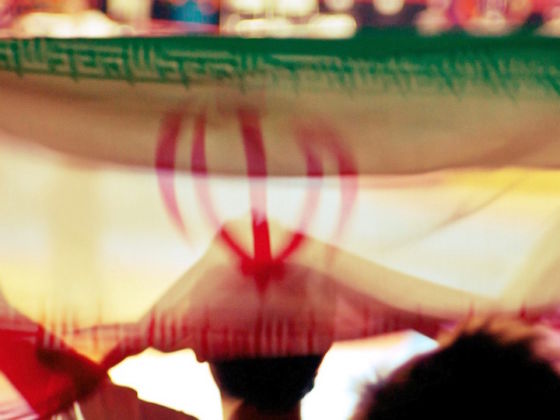It’s not an exaggeration to say that my life was likely saved by a poem.
During the Iran-Iraq war, when Iran was an unofficial “banned nation,” an unspoken agreement among countries of the world slammed the door in the face of Iranian refugees. My mother, along with her visa request to India, wrote a poem about India’s Independence Day. The Indian ambassador took a liking to the poem and granted us a visa to India, where we could secure a meeting with the American embassy.
